In May 2016, Abbey Machinery officially opened the doors on a brand new purpose-built manufacturing facility that would set the company up for continued expansion over the coming years.
Situated on a 30ac site outside Toomevara, Co Tipperary, the 100,000 square foot facility represented a significant investment to the area, which is a remarkable achievement for a family-run business that is manufacturing agricultural machinery in Tipperary for more than 70 years.
Today, the company is led by Clodagh Kavanagh, who is the fifth generation of the Kavanagh family to work in the agricultural machinery space.

Clodagh Kavanagh of Abbey Machinery.
The Kavanagh family’s links to making agricultural machinery can be traced as far back as the 19th century.
Abbey’s investment in the new manufacturing facility provided it with several new production lines but it was also fitted with class-leading manufacturing equipment such as enhanced laser and plasma-cutting facilities, semi-automated robotic welding and a state-of-the-art sand blasting and paint plant.
It provided an extra 35% in warehouse capacity for Abbey’s Q Parts business, enabling increased levels of service to its global customer base.
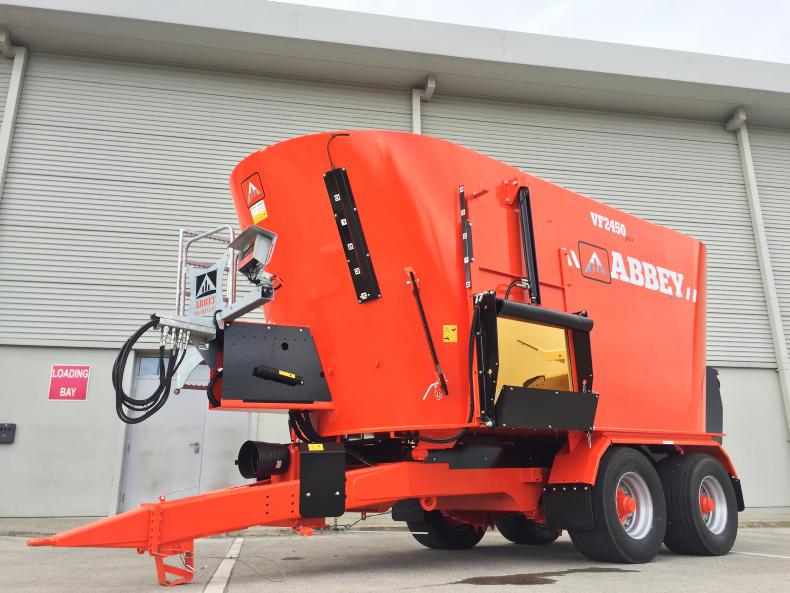
A key focus of growing the business is building sales into existing export markets but also to new markets.
The company’s product range is aimed to cater for the total cow, starting at the front of the cow, with Abbey manufacturing precision diet feeders, grass-toppers and fertiliser spreaders.
For the back-end of the cow, the company also produces a range of environmentally focused slurry spreading systems including tankers, muck spreaders and slurry agitators.
Lean
Building a new manufacturing facility allowed Abbey to intensify its focus on lean manufacturing.

According to Michael O’Grady, business development manager at Abbey, lean manufacturing techniques allows the company’s senior management team to critically analyse all areas of the business.
“Lean is at the core of what we do in Abbey. It is a continuous process of incremental improvements that allows us to improve process flow, manufacturing time, production costs and overall manufacturing efficiencies in the business,” says O’Grady.
“It’s an ongoing process and there’s room for further improvement. If it’s not being measured it cannot be managed,” he adds.
The longevity of Abbey Machinery is testament to its ability to remain relevant to its farmer customers but also its continued investment in developing new technologies for the farmer.
Every year, the company sinks up to €0.5m into research and development (R&D) work in order to have a continuous pipeline of new products.
Earlier this year at the FTMTA Farm Machinery Show, Abbey showcased its new “Plus” range of diet feeders, which are aimed at larger-scale dairy and beef farmers, and have a capacity range of 24m3 to 30m3.
In 2017, the company launched a new door-amounted band spreader, which can be retrofitted to existing slurry tankers.
This new band spreader places the slurry directly on to the soil, which the company says reduces ammonia emissions, improves nitrogen retention and reduces odours during the application process.
Market discovery

With almost 60% of sales coming from export markets, maintaining competitiveness in the international market place is essential for Abbey.
The company first began exporting machinery to Northern Ireland and the UK over 30 years ago but has since developed export markets in Scandinavia, central Europe, the Middle East, Australia, New Zealand, Asia and South Africa.
When exploring opportunities in new markets, Abbey works closely with Enterprise Ireland to carry out market research, understand threats early on, evaluate opportunities and help to develop market entry strategies with the right local partners.
“A key focus of growing the business is building sales into our existing export markets but also to new markets.
"We try to build strong relationships with the key players in these markets by looking at local needs and establishing a footprint on the ground,” says O’Grady.
In May 2016, Abbey Machinery officially opened the doors on a brand new purpose-built manufacturing facility that would set the company up for continued expansion over the coming years.
Situated on a 30ac site outside Toomevara, Co Tipperary, the 100,000 square foot facility represented a significant investment to the area, which is a remarkable achievement for a family-run business that is manufacturing agricultural machinery in Tipperary for more than 70 years.
Today, the company is led by Clodagh Kavanagh, who is the fifth generation of the Kavanagh family to work in the agricultural machinery space.

Clodagh Kavanagh of Abbey Machinery.
The Kavanagh family’s links to making agricultural machinery can be traced as far back as the 19th century.
Abbey’s investment in the new manufacturing facility provided it with several new production lines but it was also fitted with class-leading manufacturing equipment such as enhanced laser and plasma-cutting facilities, semi-automated robotic welding and a state-of-the-art sand blasting and paint plant.
It provided an extra 35% in warehouse capacity for Abbey’s Q Parts business, enabling increased levels of service to its global customer base.

A key focus of growing the business is building sales into existing export markets but also to new markets.
The company’s product range is aimed to cater for the total cow, starting at the front of the cow, with Abbey manufacturing precision diet feeders, grass-toppers and fertiliser spreaders.
For the back-end of the cow, the company also produces a range of environmentally focused slurry spreading systems including tankers, muck spreaders and slurry agitators.
Lean
Building a new manufacturing facility allowed Abbey to intensify its focus on lean manufacturing.

According to Michael O’Grady, business development manager at Abbey, lean manufacturing techniques allows the company’s senior management team to critically analyse all areas of the business.
“Lean is at the core of what we do in Abbey. It is a continuous process of incremental improvements that allows us to improve process flow, manufacturing time, production costs and overall manufacturing efficiencies in the business,” says O’Grady.
“It’s an ongoing process and there’s room for further improvement. If it’s not being measured it cannot be managed,” he adds.
The longevity of Abbey Machinery is testament to its ability to remain relevant to its farmer customers but also its continued investment in developing new technologies for the farmer.
Every year, the company sinks up to €0.5m into research and development (R&D) work in order to have a continuous pipeline of new products.
Earlier this year at the FTMTA Farm Machinery Show, Abbey showcased its new “Plus” range of diet feeders, which are aimed at larger-scale dairy and beef farmers, and have a capacity range of 24m3 to 30m3.
In 2017, the company launched a new door-amounted band spreader, which can be retrofitted to existing slurry tankers.
This new band spreader places the slurry directly on to the soil, which the company says reduces ammonia emissions, improves nitrogen retention and reduces odours during the application process.
Market discovery

With almost 60% of sales coming from export markets, maintaining competitiveness in the international market place is essential for Abbey.
The company first began exporting machinery to Northern Ireland and the UK over 30 years ago but has since developed export markets in Scandinavia, central Europe, the Middle East, Australia, New Zealand, Asia and South Africa.
When exploring opportunities in new markets, Abbey works closely with Enterprise Ireland to carry out market research, understand threats early on, evaluate opportunities and help to develop market entry strategies with the right local partners.
“A key focus of growing the business is building sales into our existing export markets but also to new markets.
"We try to build strong relationships with the key players in these markets by looking at local needs and establishing a footprint on the ground,” says O’Grady.







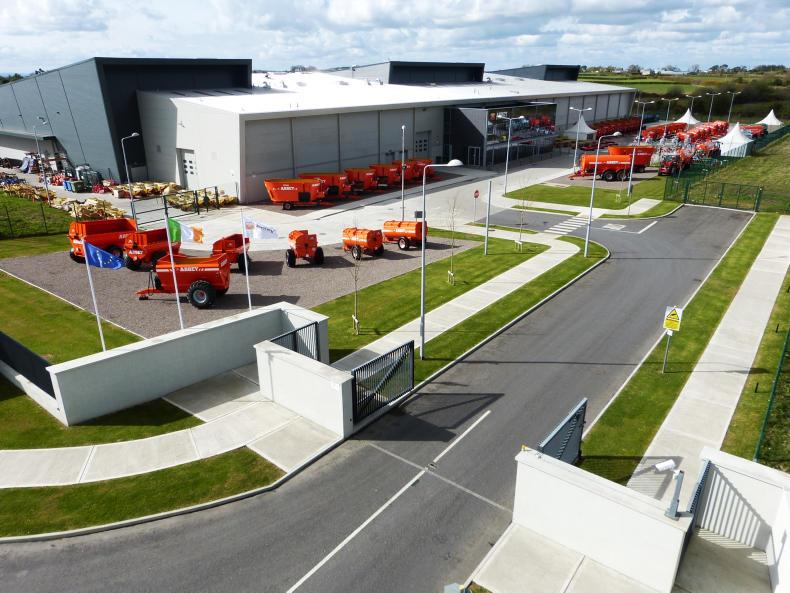

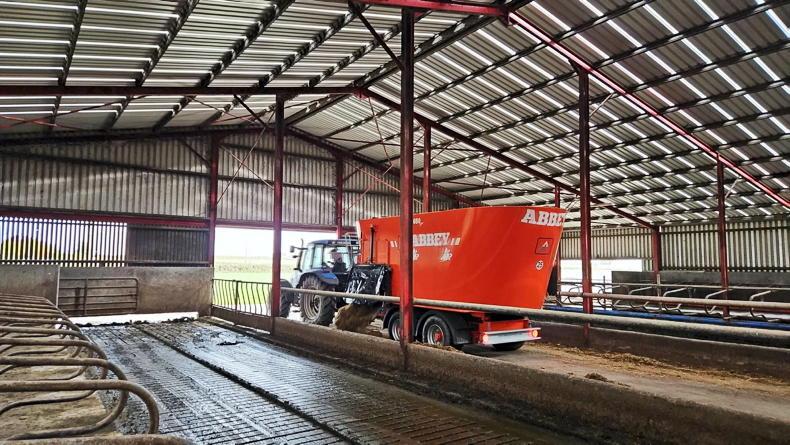
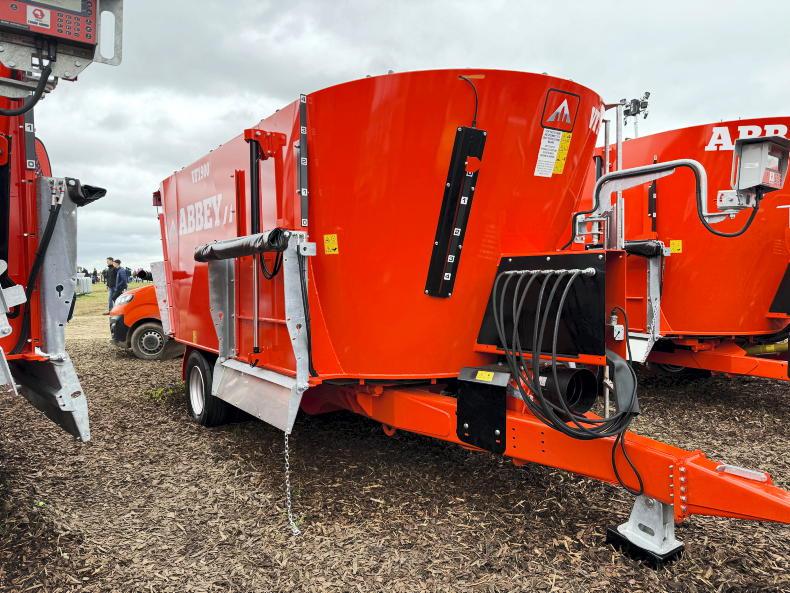
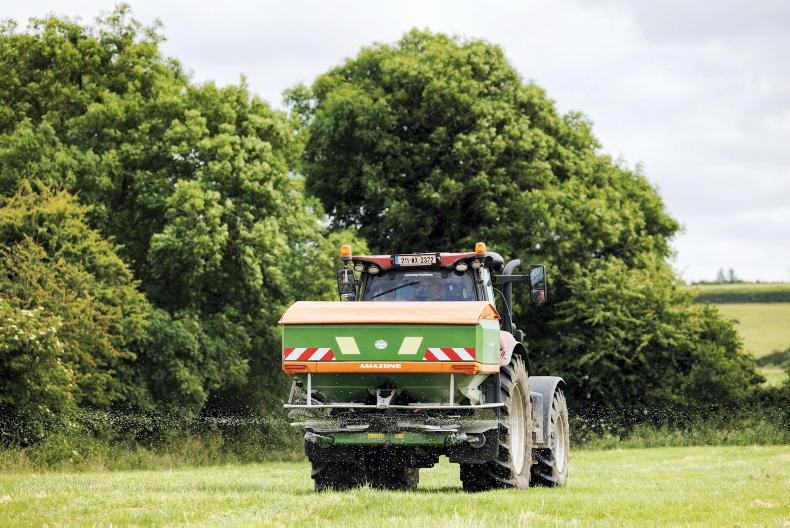
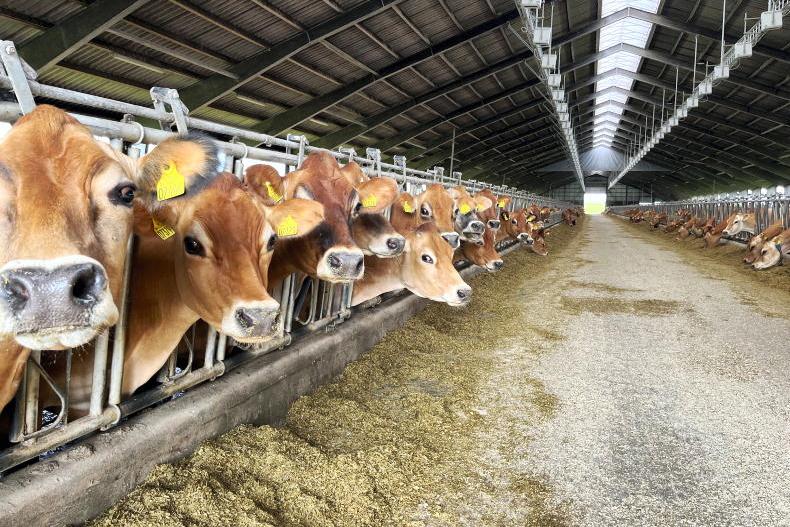
SHARING OPTIONS